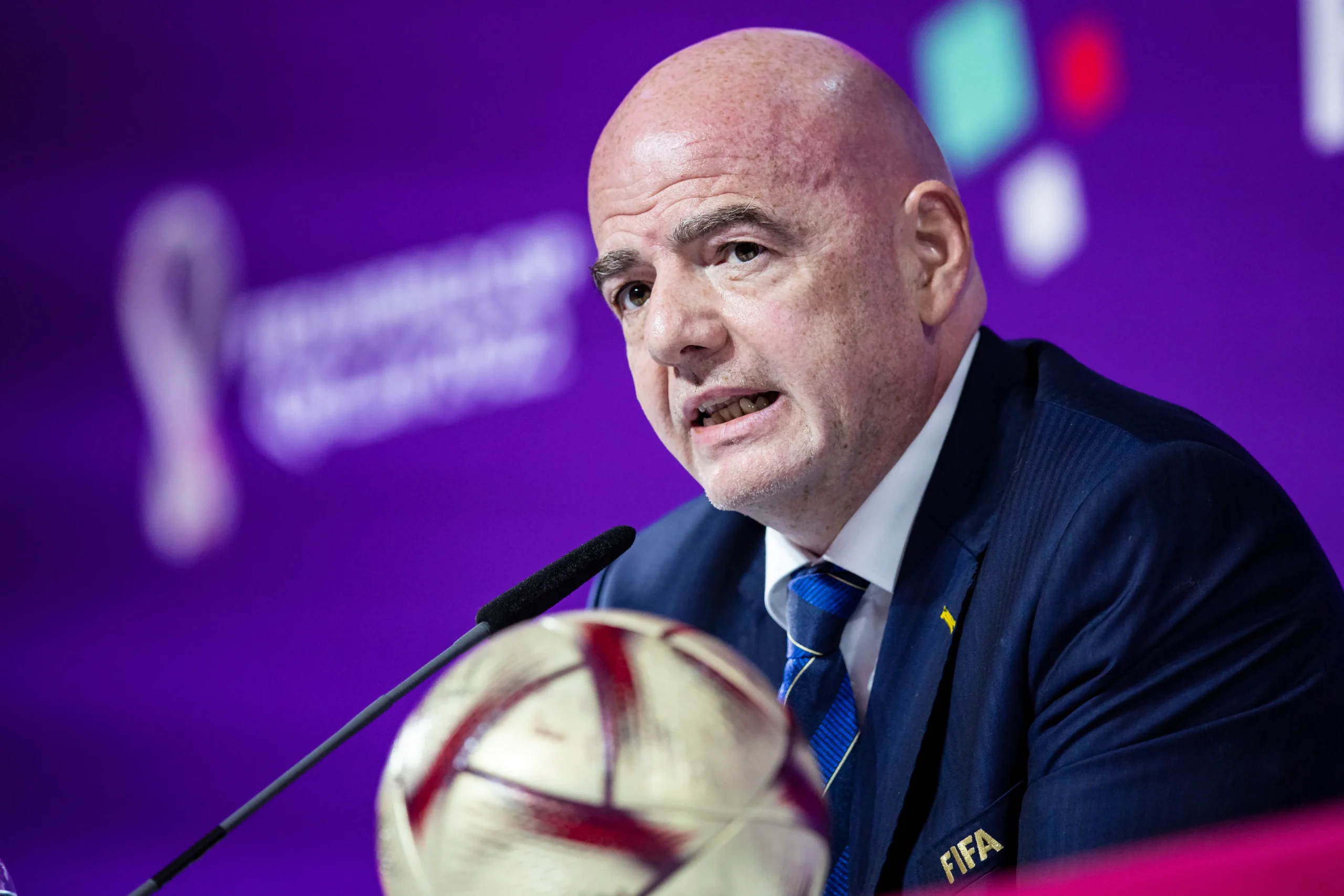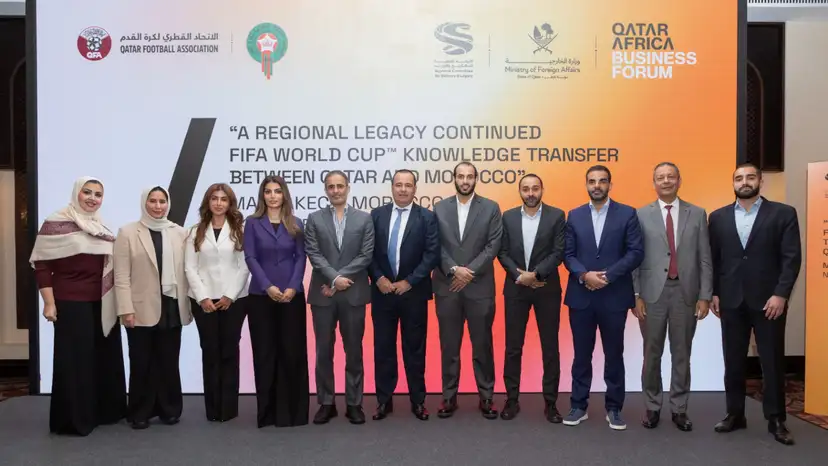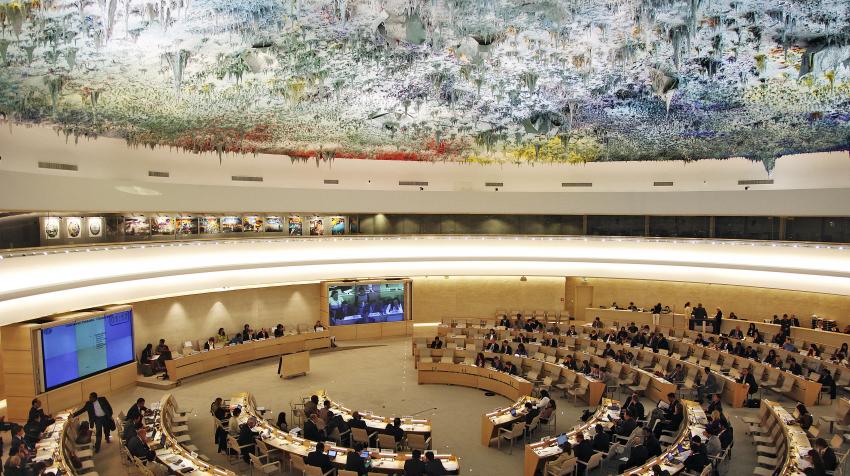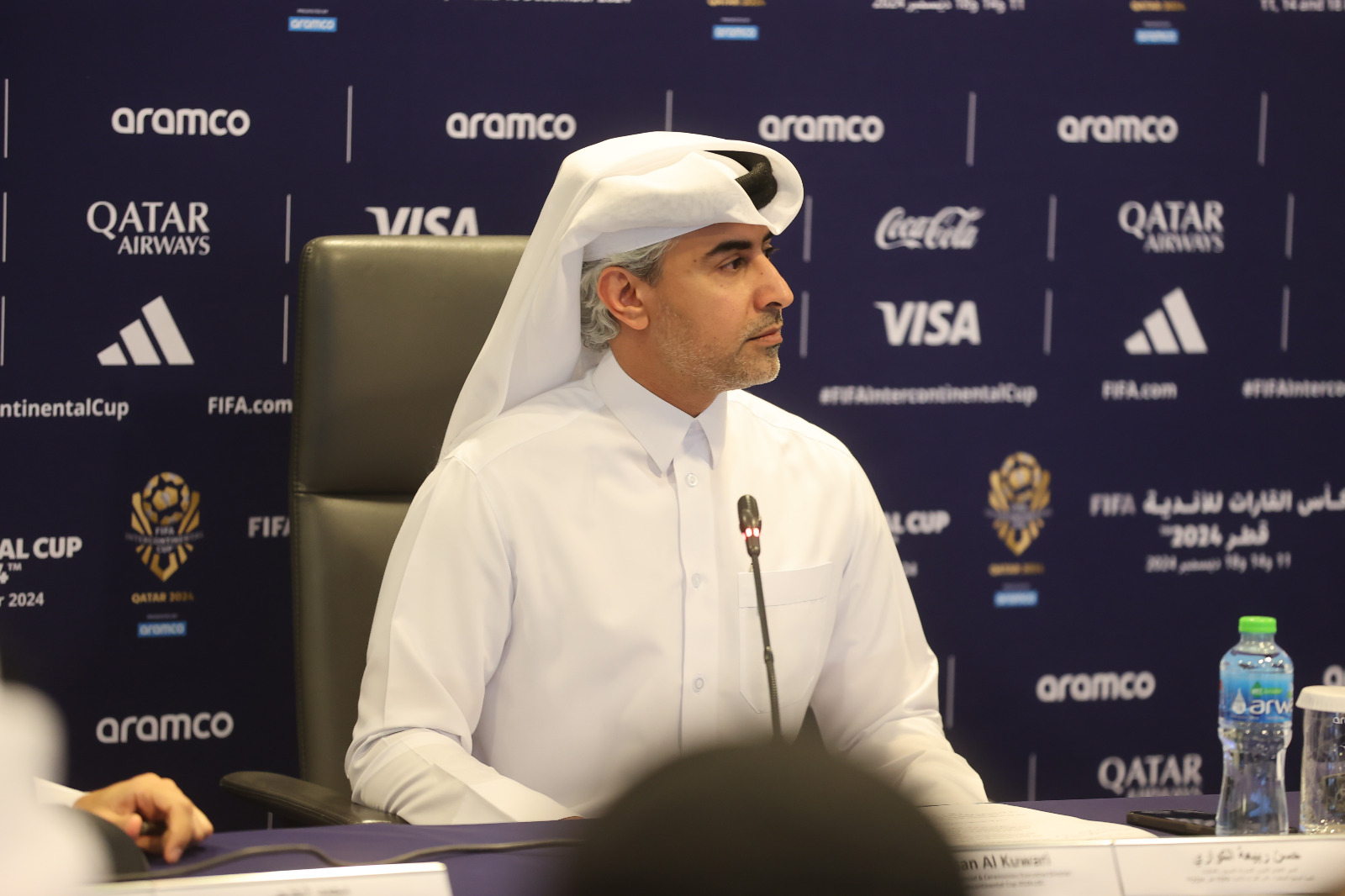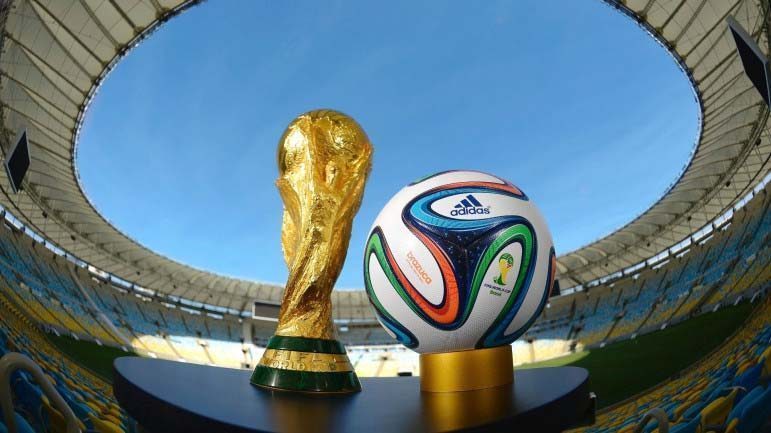
An ongoing investigation into corruption claims surrounding the 2018 and 2022 FIFA World Cup bids will not result in stripping Russia or Qatar of their hosting rights, the judge in charge of the examination has said.
German Hans-Joachim Eckert said he only has the power to sanction individuals who are found guilty of bribery or corruption, and that any decision involving the host countries themselves would be up to FIFA’s ruling executive committee or its congress of 209 federations, BBC reports.
Eckert, who heads the adjudicatory chamber of FIFA’s ethics committee, has been tasked with reviewing a thick dossier compiled by ethics investigator Michael Garcia.
Details of Garcia’s report have been tightly controlled, and only four people have seen the files so far, Eckert said. That includes himself, Garcia and their deputies, Australian judge Alan Sullivan and Swiss prosecutor Cornel Borbely.
“We are not allowed to tell anybody anything. It’s our duty not to tell. I know the interests of the public but please, we have to do our work, we are bound by the code of ethics and later the decision will be made public,” Eckert said.
According to Reuters, the judge suggested that some details of the report would be made public in his final judgment, but not the whole report:
“You will know, but you will also have to respect that the persons who are potentially affected deserve to be protected in their privacy, so we have to presume people are not guilty until the end of the proceedings,” he said.
Transparency fears
The secret nature of the report and the ethics committee’s limited powers of censure have spurred a new round of criticism of FIFA, the world’s governing football body.
The UK’s Sunday Times newspaper, which operates a paywall, is running a number of articles today claiming that FIFA’s enquiry is a “cover-up” and it has “locked away” the report.
In June, the Sunday Times ran a series of stories claiming Qatar bribed officials to win votes, and said it had “millions of documents” to support its allegations.
For over a year, US attorney Michael Garcia led a team examining corruption allegations over the 2018 and 2022 bidding processes.
The Sunday Times’ documents were reviewed by Garcia and his team as part of a report they submitted to Eckert earlier this month.
March decision
Speaking at the World Summit for Ethics in Sport at FIFA’s headquarters in Geneva on Friday, Eckert said he hoped to finish reading Garcia’s report by the end of October or early November. He would then start drafting his judgment, which should be ready around March 2015.
“There will be some decisions, maybe in spring, and then we will go on,” Reuters quotes Eckert as saying.
March 2015 will be a crucial time for FIFA, as the governing body of football is also expected to decide on a final date for Qatar to host the 2022 tournament by then.
While Qatar bid for and was awarded the rights to host the World Cup on the basis of a summer tournament, a task force is now exploring winter dates due to the nation’s extreme heat in June/July.
January/February 2022 is being re-considered as a potential slot, after it was rejected over fears it would clash with the Winter Olympics, which take place then.
November/December 2022 is the other possible winter option.
FIFA’s rules
While disappointing for many, Eckert’s statements do not come as a surprise to many in the football community, as FIFA’s code of conduct states that much of the investigatory process must remain secret.
Article 36 of the code states that all “facts of the case, contents of the investigations and deliberations and decisions” should remain confidential.
It added that there is no obligation for the details of the report to be publicly revealed: “Only the final decisions already notified to the addressees may be made public.”
Additionally, under article 78 of the code, there is no obligation for the ethics committee to reveal the grounds for any decision it has made, unless one of the parties requests it.
Thoughts?


